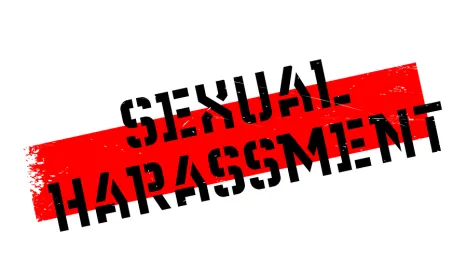The recent high-profile sexual harassment claims involving Harvey Weinstein, Bill O’Reilly and Roger Ailes at Fox News, Uber, and elsewhere are timely reminders about the persistent problem of sexual harassment in workplaces around the country. And this harassment infects all industries, from technology and science to Hollywood and the media to farm workers and retail jobs.
To assist employees who have suffered sexual harassment, a variety of information and resources is presented below to give these employees a better understanding of their rights and some of the requirements that may apply if they want to file a legal claim.
Sexual harassment can, according to the Equal Employment Opportunity Commission (EEOC), include requests for sexual favors, unwelcome sexual advances, and/or other verbal or physical conduct of a sexual nature that affects an individual’s employment.
Why it’s essential to know your legal options
Sexual harassment at work is, unfortunately, an all too common experience for female employees. It is thus vital for you to know your legal options and protections if you’ve endured sexual harassment.
For example, deadlines for filing a complaint with the EEOC about the sexual harassment apply, which might prevent you from filing a claim if missed. And your company may have policies about how to internally report harassment and discrimination.
Likewise, your employer has varying defenses to liability depending on whether the harassment is at the hands of a supervisor or a co-worker/subordinate employee.
Finally, there are different federal, state, and local laws that may apply to your particular harassment claim.


 />i
/>i

